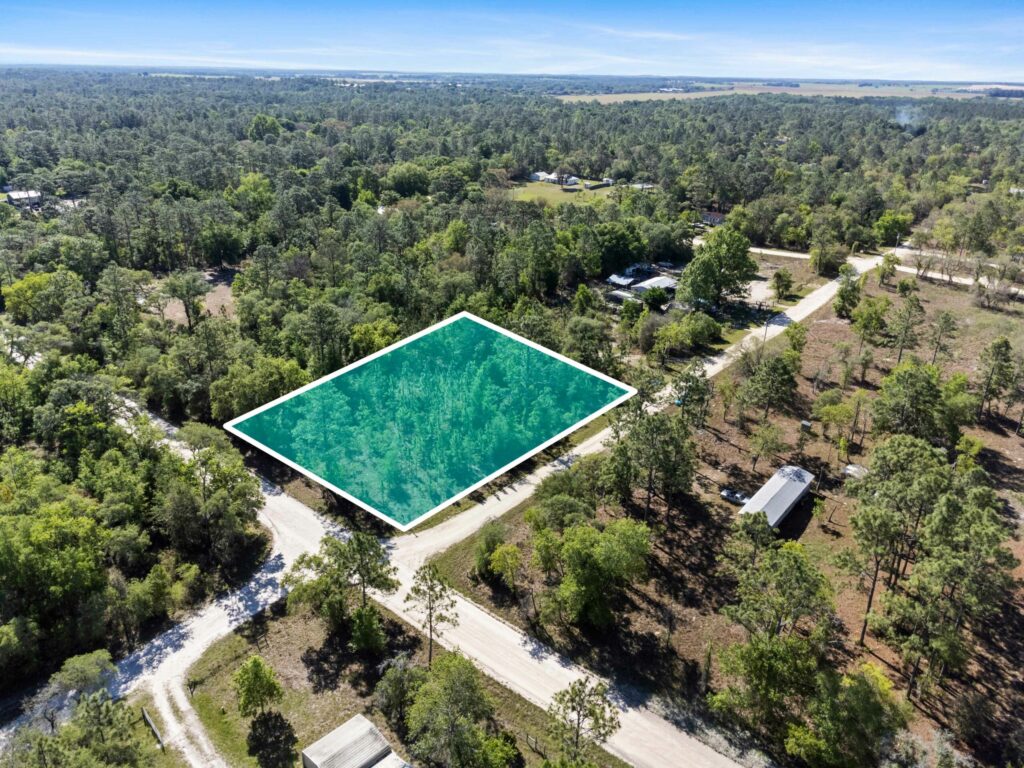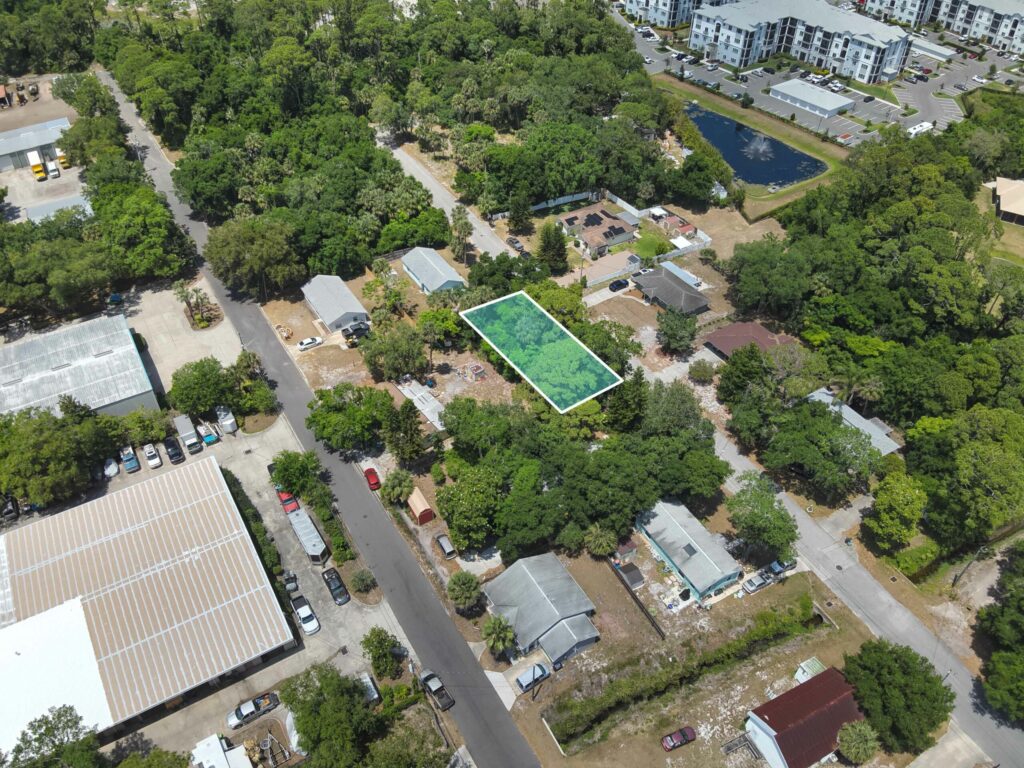Florida Investment Property: A Comprehensive Guide

Investing in Florida real estate has long been a lucrative venture for both seasoned investors and newcomers alike. Known for its favorable climate, diverse economic opportunities, and robust tourism industry, Florida offers a myriad of options for investment properties. Whether you’re looking at residential homes, commercial spaces, or vacation rentals, understanding the dynamics of the Florida market is crucial. This guide aims to provide a comprehensive overview of key considerations when navigating the realm of Florida investment property, from buying and financing to legal aspects and market trends.
Best Practices For Buying Florida Investment Property
When considering buying investment property in Florida, several best practices can enhance your chances of making a successful investment. First and foremost, thorough research into local market trends and property values in Florida investment property. Areas experiencing growth in population, infrastructure development, and job opportunities often present prime investment opportunities. Moreover, engaging with local real estate professionals who understand the nuances of the Florida market can provide valuable insights and guidance. Additionally, ensuring your finances are in order and exploring various financing options tailored to investment properties can optimize your purchasing power and financial stability.

Florida Investment Property: Residential Vs. Commercial
Choosing between residential and commercial Florida investment property properties in Florida depends largely on your investment goals and risk tolerance. Residential properties, such as single-family homes, condos, or apartments, offer steady rental income and potential for appreciation, particularly in high-demand urban and coastal areas. On the other hand, commercial properties, including office buildings, retail spaces, and mixed-use developments, can provide higher rental yields but often require a more substantial initial investment and management expertise. Understanding the distinct advantages and challenges of each property type is crucial for making informed investment decisions aligned with your financial objectives.
How To Finance Your Florida Investment Property?
Financing a Florida investment property requires careful consideration of various financial options tailored to investors. Traditional mortgage loans, private lenders, and portfolio financing are among the avenues available, each with unique terms, interest rates, and eligibility criteria. Factors such as credit history, down Florida investment property capabilities, and the property’s potential income stream play significant roles in determining financing options. Working closely with financial advisors and mortgage brokers specializing in investment properties can help navigate the complexities of securing financing while maximizing your investment’s profitability and mitigating financial risks.
Legal Considerations When Buying Florida Investment Property
Navigating the legal landscape of buying investment property in Florida involves understanding state and local regulations governing property ownership, rental agreements, taxation, and zoning laws. Consulting with a qualified real estate attorney can provide invaluable guidance on contract negotiations, title searches, property Florida investment property, and compliance with regulatory requirements. Additionally, familiarity with landlord-tenant laws and homeowners’ association rules, prevalent in many Florida communities, is essential for maintaining legal compliance and protecting your investment interests over the long term.
Florida Investment Property: Vacation Rentals Vs. Long-Term Rentals
The decision between investing in vacation rentals or long-term rentals in Florida hinges on factors such as rental income potential, property management requirements, and personal preferences as an investor. Vacation rentals, popular in tourist destinations like Orlando and Miami Beach, offer higher short-term rental Florida investment property but require more intensive management and seasonal fluctuations. In contrast, long-term rentals provide stable, predictable income streams and lower turnover costs but may yield lower overall returns. Assessing local market demand, occupancy rates, and regulatory considerations can help determine the most suitable rental strategy aligned with your investment goals and risk tolerance.
Florida Investment Property: Growth Markets And Opportunities
Identifying growth markets and emerging opportunities is paramount when investing in Florida real estate. Cities experiencing population Florida investment property, infrastructure investments, and economic diversification, such as Tampa, Jacksonville, and Fort Lauderdale, often present favorable conditions for property appreciation and rental income growth. Factors such as proximity to employment centers, educational institutions, and recreational amenities influence property values and rental demand. Conducting thorough market research and partnering with local real estate experts can uncover promising investment opportunities aligned with your investment horizon and financial objectives in Florida’s dynamic real estate landscape.
Steps To Successfully Selling Your Florida Investment Property
Successfully selling your Florida investment property requires careful planning, market analysis, and strategic marketing efforts to attract qualified buyers and maximize sale proceeds. Start by assessing current market conditions, property values, and comparable sales data to determine an optimal listing price. Enhancing curb appeal, addressing maintenance issues, and staging the property can significantly enhance its marketability and appeal to potential buyers. Utilizing professional photography and digital marketing Florida investment property, including online listings and social media platforms, can broaden your property’s exposure and attract a wider pool of prospective buyers. Lastly, working with a seasoned real estate agent specializing in investment properties can streamline the selling process and negotiate favorable terms on your behalf.
Conclusion
Investing in Florida real estate offers a wealth of opportunities for investors seeking to capitalize on the state’s vibrant economy, desirable climate, and diverse property market. Whether you’re considering residential homes, commercial properties, or vacation rentals, understanding the intricacies of the Florida market and navigating legal, financial, and market considerations are essential for making informed investment decisions. By leveraging local expertise, conducting thorough due diligence, and aligning your investment strategy with long-term financial goals, you can position yourself for success in Florida’s Florida investment property real estate landscape. Whether you’re a seasoned investor or new to the market, the potential for growth and profitability in Florida investment property remains robust, making it a compelling choice for real estate investment ventures.






